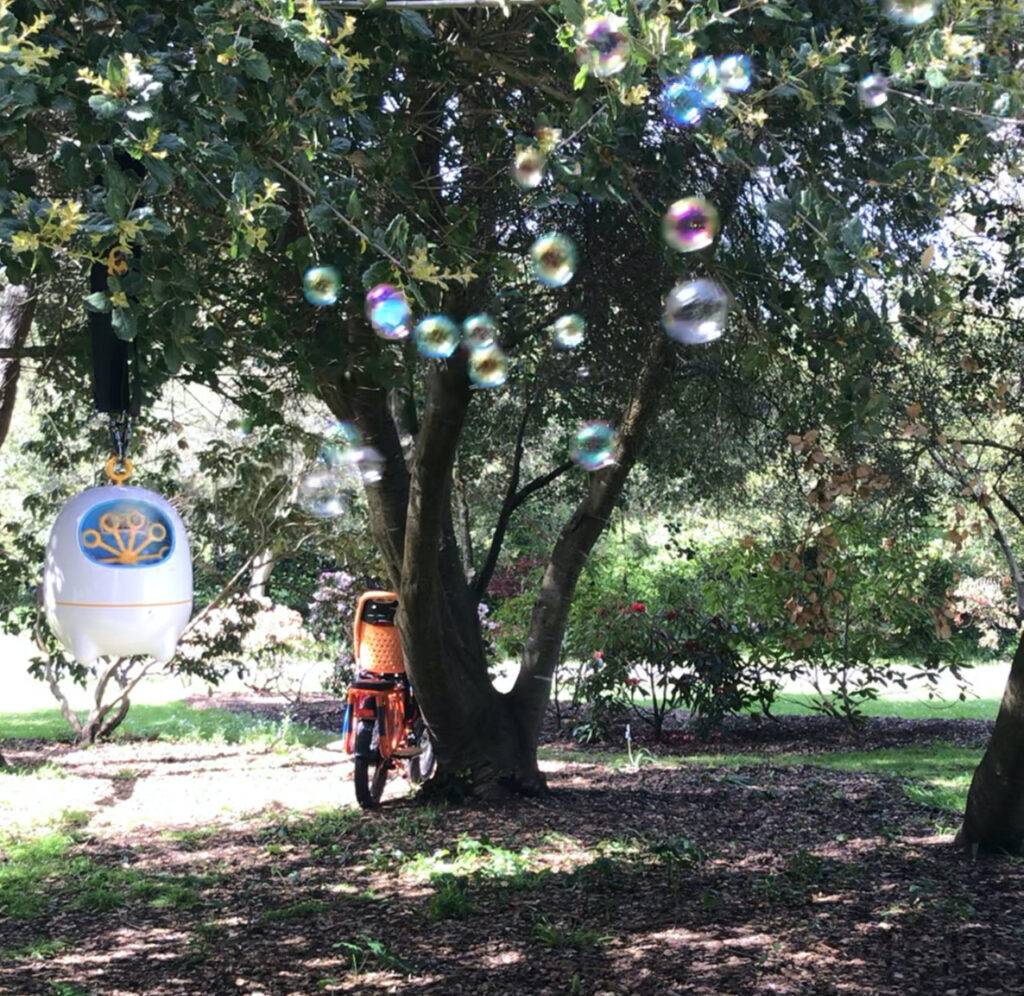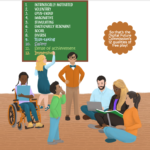
…Young people’s news consumption habits also tend to have lasting effects on the way they engage news throughout their life. The habits they develop as children—their news sources and the type of information they accept as factual—impacts how they understand their world and their place in it.
—Jane Orlando, “From Vladdy daddy to fake TikToks: how you guide your child through Ukraine news online“
The Guardian tells me today that it has been 67 days since Russia invaded Ukraine. The quote above by Dr. Jane Orlando, a senior lecturer in educational technology at the University of Western Sydney, from a post on the Parenting for Digital Future blog, focuses on how to support our children who may be seeing deeply disturbing violent content from the war “while they are on the bus or in between goofy TikToks.” And unlike the articles I am reading online daily in The Guardian, “news” most kids are typically getting on social media have no contextualizing, “there are generally no accompanying facts, and often no-one knows the source of the videos.” Dr. Orlando’s post is an important one to read, especially if your children or students are younger.
The author reports, “An international UNICEF survey found up to 75% of children feel unable to judge the accuracy of the information they find online. This was especially true for children in the 9-11 and 12-14 year-old groups. Coincidentally, this is the same age children begin using social media.”
Add to this the intentional and highly successful disinformation campaign driven by Russia’s ironically-titled Internet Research Agency (IRA), and we have quite a task to support children, teens, and ourselves in the requisite skills to discern honestly fact-checked news from reliable sources vs. the serious cyberwarfare being waged with realistic fakes and authentic-seeming accounts. To understand the nuances of the IRA’s current efforts, I highly recommend reading a post in The Guardian today—”Russia’s trolling on Ukraine gets ‘incredible traction’ on TikTok“— written by Robert Booth, Guardian social affairs correspondent. It will help you to consider good conversation catalysts for regular co-creative conversations, a core mindful digital life practice.
It’s important that our kids understand concepts like fact-checking and troll farms much earlier than you might think. And because the efforts at churning out disinformation are getting more sophisticated all the time, teens, parents, caregivers, and educators all need regular engagement with these topics.


